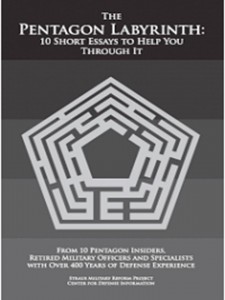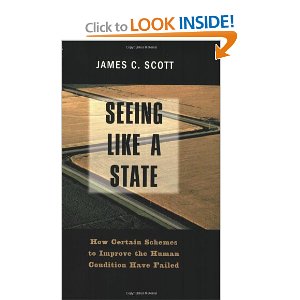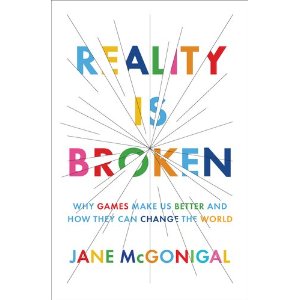It is my pleasure to announce the publication of The Pentagon Labyrinth: 10 Short Essays to Help You Through It. This is a short pamphlet of less than 150 pages and is available at no cost in E-Book PDF format, as well as in hard copy from links on this page as well as here and here. Included in the menu below are download links for a wide variety of supplemental/supporting information (much previously unavailable on the web) describing how notions of combat effectiveness relate to the basic building blocks of people, ideas, and hardware/technology; the nature of strategy; and the dysfunctional character of the Pentagon’s decision making procedures and the supporting role of its accounting shambles.
Chuck Spinney
The Blaster
This pamphlet aims to help both newcomers and seasoned observers learn how to grapple with the problems of national defense. Intended for readers who are frustrated with the superficial nature of the debate on national security, this handbook takes advantage of the insights of ten unique professionals, each with decades of experience in the armed services, the Pentagon bureaucracy, Congress, the intelligence community, military history, journalism and other disciplines. The short but provocative essays will help you to:
- identify the decay – moral, mental and physical – in America’s defenses,
- understand the various “tribes” that run bureaucratic life in the Pentagon,
- appreciate what too many defense journalists are not doing, but should,
- conduct first rate national security oversight instead of second rate theater,
- separate careerists from ethical professionals in senior military and civilian ranks,
- learn to critique strategies, distinguishing the useful from the agenda-driven,
- recognize the pervasive influence of money in defense decision-making,
- unravel the budget games the Pentagon and Congress love to play,
- understand how to sort good weapons from bad – and avoid high cost failures, and
- reform the failed defense procurement system without changing a single law.
The handbook ends with lists of contacts, readings and Web sites carefully selected to facilitate further understanding of the above, and more.







